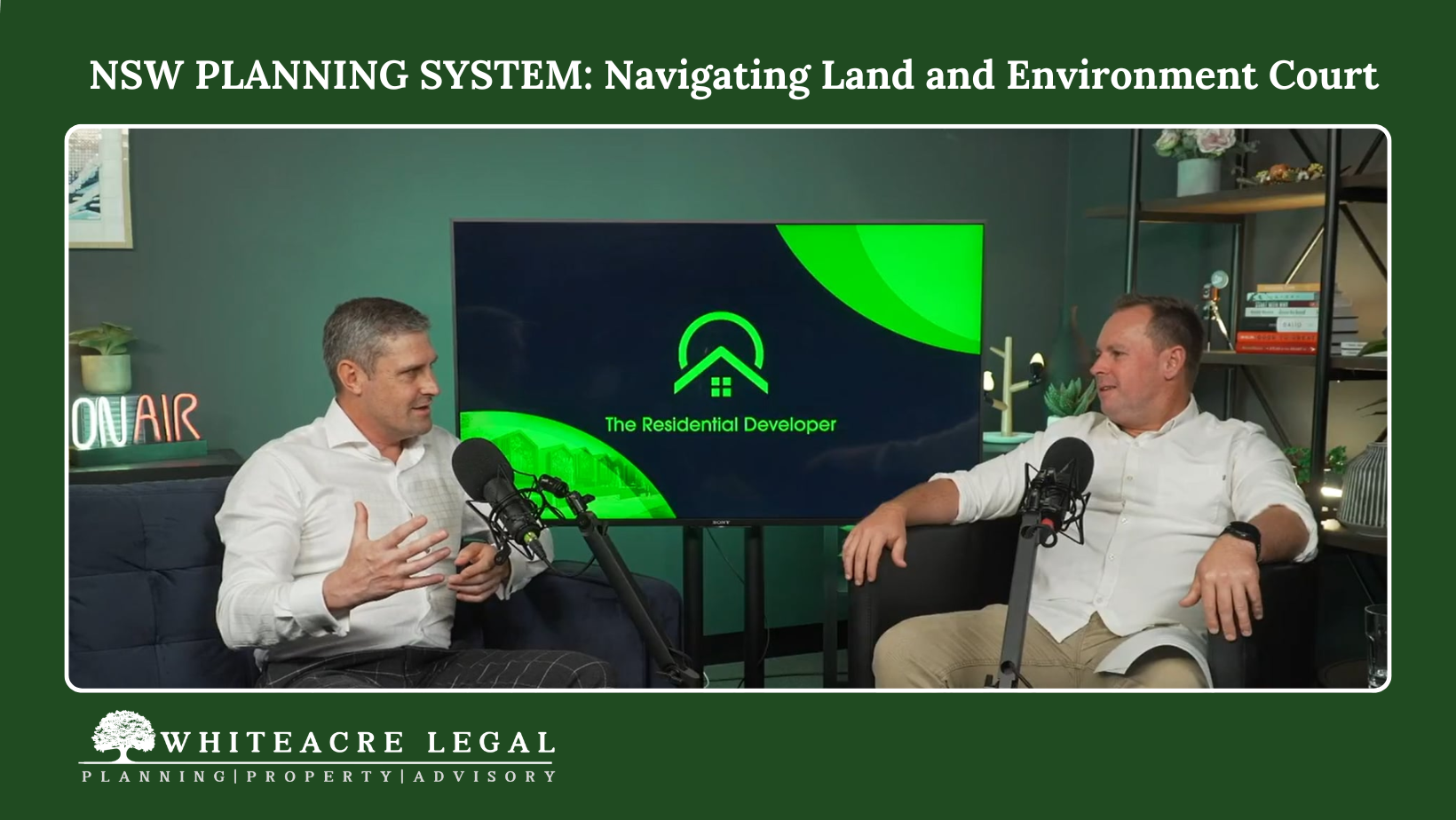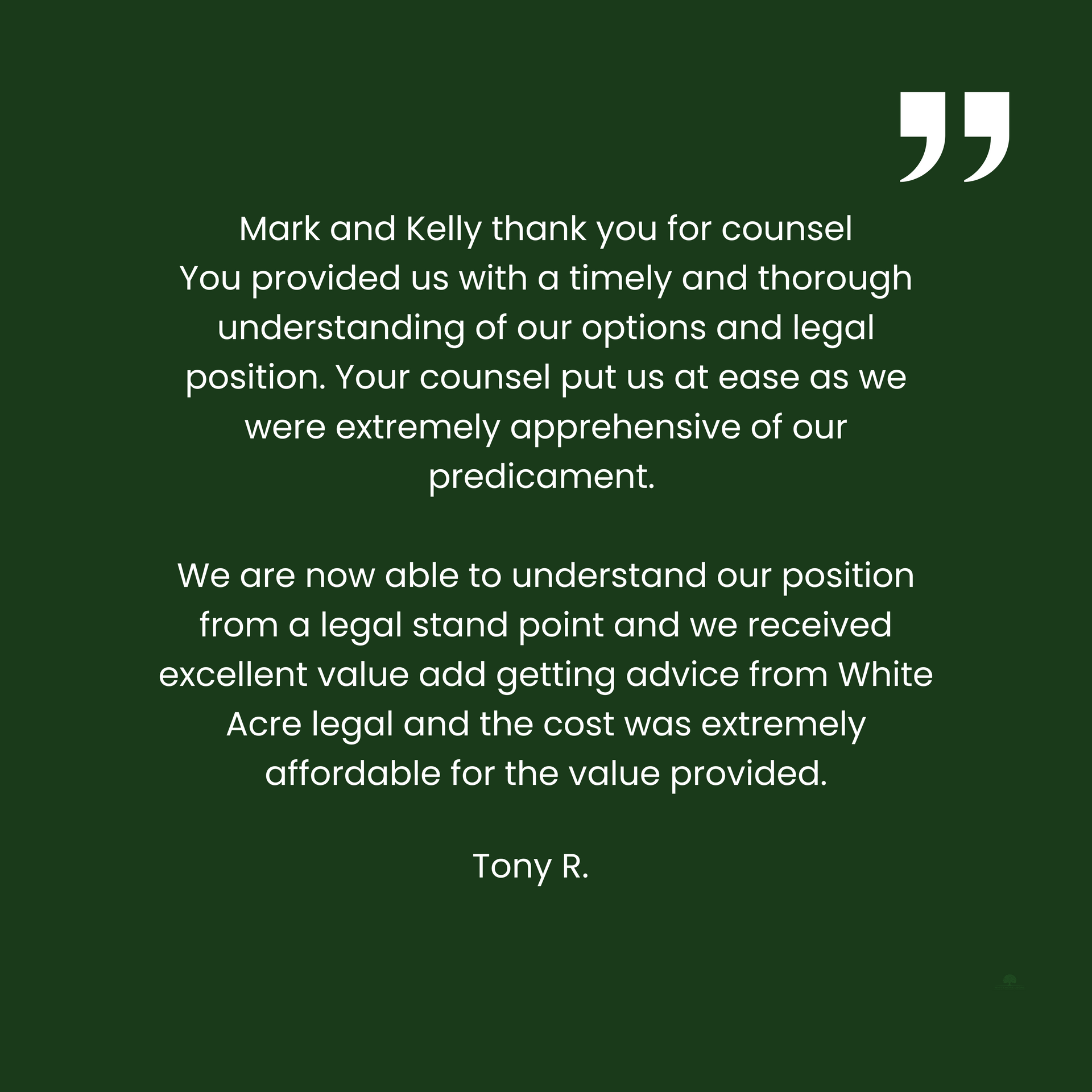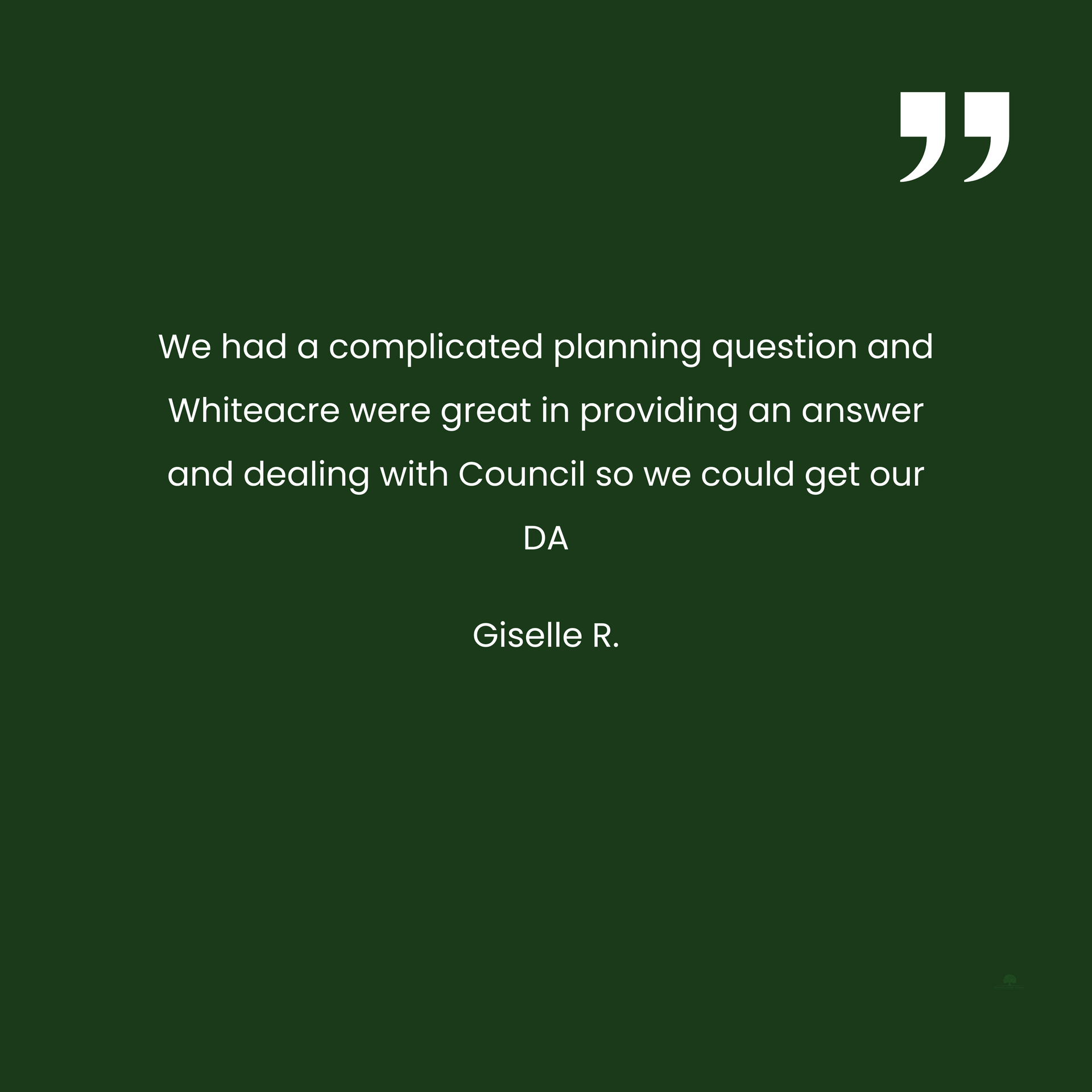Court clarifies that Planning Agreements are not always necessary to dedicate land
Planning Agreements not always needed to dedicate land

Court clarifies that Planning Agreements not always needed to dedicate land
A recent decision by the NSW Land and Environment Court has confirmed that a planning agreement may not always be necessary to dedicate land to a local council.
This article explores the decision and provides insight into the potential pitfalls of entering into a planning agreement with Councils.
Previous position that land could only be dedicated through VPA
In L&G Management Pty Ltd v Council of the City of Sydney [2021] NSWLEC 149, the developer proposed public benefits including dedication of a 2.4m footpath widening along the frontage of the site in connection with a development application.
If development consent was granted the developer would be required to enter into a Voluntary Planning Agreement (VPA) to deliver the public benefits. The developer appealed against the deemed refusal of the development application. That appeal was dismissed by the Commissioner.
The Applicant appealed against the Commissioner’s findings and contended that the Commissioner committed an error in concluding that the dedication of the land could only be affected via a VPA.
It was further argued that the Commissioner could have easily imposed a condition requiring a VPA in accordance with its Public Benefit Offer.
The local council maintained that the Environmental Planning and Assessment Act 1979 (EPA Act) does not give the Court the power to impose a condition that would have the effect of accepting a dedication on Council’s behalf.
The Court held that the only way to give effect to the dedication of land was either by entering a VPA or by identifying the land under a contributions plan.
Challenges created by this decision
In our experience, developers may be well advised to avoid development consents that are contingent on entering into a VPA with Council.
All too often, the development consent is granted with a condition requiring that the developer enter into a VPA on the terms of a letter of offer. Like many things though, the devil is in the detail. Councils often use leverage to extract further, unreasonable terms from the developer to enter into the VPA, for example long-term maintenance “bonds”, security including caveats and bank guarantees over the subject land and indemnities in favour of Council. Despite granting the consent, we have heard more than one Council officer negotiating a VPA state that “Council is not bound to enter into the VPA”. In essence, if you want your development to proceed, take it or leave it.
Urban Apartments Pty Ltd ruling
The recent case of Urban Apartments Pty Ltd v Penrith City Council [2023] NSWLEC 1094 (Urban Apartments), a mixed use development was proposed within the Penrith central business district.
The developer also proposed community infrastructure in the form of dedication of land as a road adjacent to the western boundary of the site and creation of a right of public access and an easement for passive recreation over land to the east of the site.
It was argued again that a planning agreement is required in order to put legal arrangements in place for the community infrastructure by the developer.
The provision of community infrastructure was a pre-condition to the award of bonus floor space under the Sydney Local Environment Plan 2012.
The applicant submitted that a VPA was not required for the land dedication under the relevant terms as it is intrinsic to the development application.
The applicant in this care however, relied upon the provisions of s 9 of the Road Act 1993 which relevantly provides:
Public road created by registration of plan
(1) A person may open a public road by causing a plan of subdivision or other plan that bears a statement of intention to dedicate specified land as a public road (including a temporary public road) to be registered in the office of the Registrar-General.
(2) On registration of the plan, the land is dedicated as a public road.
Accordingly, the Court accepted this position given that the area of land and the mechanism by which the dedication is to be effected has been sufficiently identified, for which no condition of consent is required.
Comparing this to the L & G Management case, the Applicant does not rely upon a condition of consent for the dedication of land, but on the provisions of the Roads Act which provides for the opening of a road by registration of a plan of subdivision.
Conclusion
It has now been clearly established that land can be effectively dedicated as long as there is a plan of subdivision that bears a statement of intention to dedicate the specified land as a public road to be registered in the office of the Registrar-General, and that, it is dedicated as a public road upon registration of that plan of subdivision.
Urban Apartment clarifies the position that, in some circumstances a VPA may not be necessary to dedicate land to a local council. Developers would be well advised to consider whether a VPA is the best option for the delivery of community infrastructure or, whether a VPA may not be necessary.
Require further assistance? please do not hesitate to call us on (02) 9145 0900 or make an enquiry below.
Browse by categories

Servicing all of NSW, Whiteacre provides expert property law and planning and environment law advice and assistance.
✓ Planning Law Advice
✓ Land and Environment Court Appeals
✓ Voluntary Planning Agreements and Contributions
✓ Development Control Orders and Enforcement
✓ Property Development Advice and Due Diligence
✓ Title Structuring
✓ Easements and Covenants
✓
Strata and Community Title legislation
Book an initial consultation through our website with our planning law solicitor. Whether it's about planning and environment law or property law, you can approach us and discuss your matter to make sure we are a good fit for your requirements.


































